Liverpool have previous when it comes to blowing leads in pursuit of that much-coveted 19th top-flight title - so what has gone wrong for the club in the past?
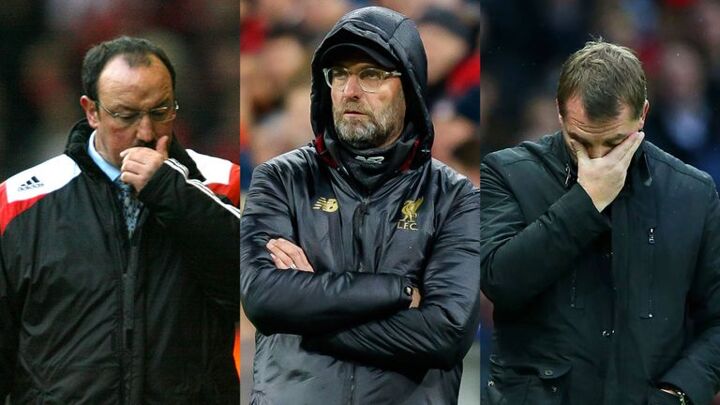
Jurgen Klopp's side hold an eight-point advantage at the top of the Premier League after beating champions Manchester City at Anfield on Super Sunday.
However, Liverpool were also seven points clear at the halfway stage of last season, only to be pipped at the post by City, while Kenny Dalglish, Gerard Houllier, Brendan Rodgers and Rafael Benitez have all seen their teams squander leads of varying sizes in chasing the title.
So why have Liverpool been so susceptible to collapses, and what can Klopp - whose side have already made a record-equalling start to a Premier League campaign this season - learn from those past meltdowns to ensure they are finally crowned champions next May?
1990/91
Manager: Kenny Dalglish
Biggest lead: Eight points after 13 games
Final position: Second
Gap to eventual champions: Seven points
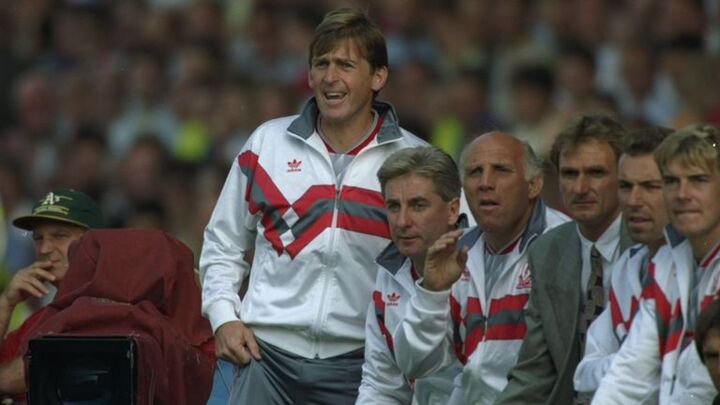
It all started swimmingly for Liverpool as Dalglish's all-conquering team began their title defence by reeling off eight straight victories, including a 4-0 thumping of arch-rivals Manchester United at Anfield in September.
That winning start came to an end with a 1-1 draw at Norwich on October 20, the same date the current side's eight-match winning streak was halted by United. However, by mid-November Liverpool held a sizeable eight-point lead over Arsenal having collected 37 points from a possible 39, with most pundits predicting an inevitable stroll to a 19th league title.
Yet Liverpool's 15-match unbeaten start to the campaign came to an end with a 3-0 loss at Arsenal in December - one of eight defeats they would suffer as they picked up just 39 more points in their remaining 25 matches to finish runners-up behind George Graham's champions Arsenal, who had even been deducted two points after an on-pitch brawl with Manchester United the previous October.
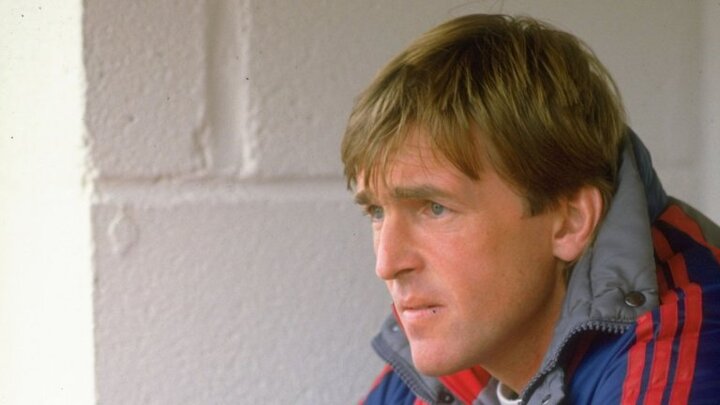
In the end, a mixture of overconfidence, untimely injuries to key players, an ageing squad, and Dalglish's shock resignation in February 1991 all served to derail the Reds, who are still to this day waiting for title No 19.
2002/03
Manager: Gerard Houllier
Biggest lead: Seven points after 12 games (*had played a game more than second-placed Arsenal)
Final position: Fifth
Gap to eventual champions: 19 points
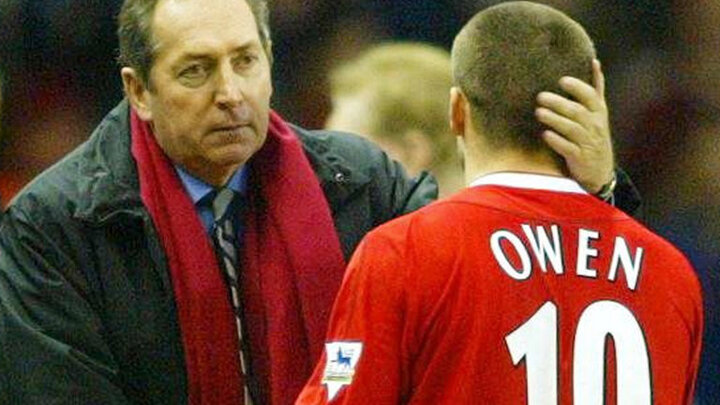
Having finished second to Arsenal the previous campaign, many expected Liverpool to then take the next step and claim a first Premier League title the following season.
Twelve unbeaten games in, Houllier's side led the champions by seven points having amassed 30 points, before a 1-0 loss at Middlesbrough on November 9 knocked the team badly off course.
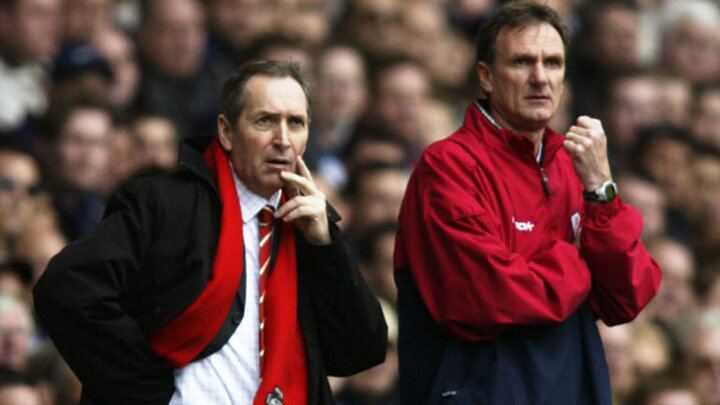
Liverpool failed to win any of their next 11 league games, and in fact only won two of their following 16 in an incredible collapse that saw them fall a whopping 17 points behind Arsenal - with Manchester United eventually pipping the Gunners to the title.
So dreams of a long-awaited first title since 1990 were well and truly over as the club's struggles on the road - caused primarily by an overly defensive approach to matches - and a poor summer's recruiting in the form of El Hadji Diouf, Bruno Cheyrou and Salif Diao - caught up with them.
2008/09
Manager: Rafael Benitez
Biggest lead: Four points after 21 games (*Manchester United were five points behind, but had only played 19 games)
Final position: Second
Gap to eventual champions: Four points
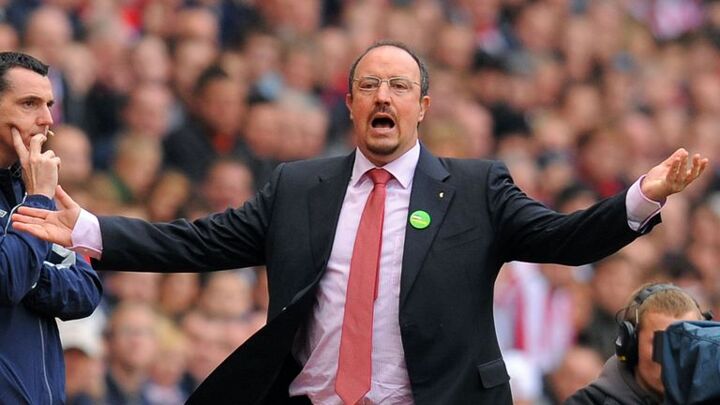
It appeared to be going smoothly for Liverpool as they went unbeaten in the opening 10 matches to open up a healthy eight-point gap over champions Manchester United.
Then came that press conference ahead of a trip to Stoke on January 10, after which Benitez's team failed to win any of their next three games, losing top spot to United in the process, a position they failed to return to that season.
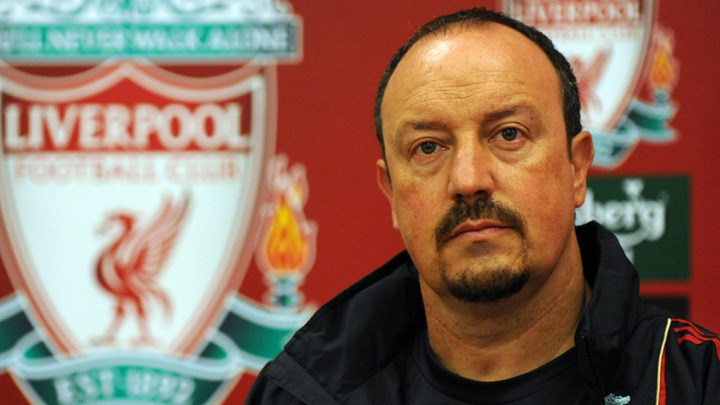
The narrative has always blamed Benitez's 'facts' rant for the club's subsequent failure to get over the line that campaign, but that is too simplistic an explanation.
In truth, it was more the pressure of trying to hold off a rampant United in the second half of the season - Sir Alex Ferguson's team won 11 league games in a row between Boxing Day and March 4 - that ultimately told.
While Liverpool only suffered two defeats all campaign - two fewer than United - they also drew 11 times as their sometimes cautious tactics, especially at home to teams they were expected to beat, cost them dear.
2013/14
Manager: Brendan Rodgers
Biggest lead: Five points after 35 games (*Man City were six points behind, but had only played 34 games)
Final position: Second
Gap to eventual champions: Two points
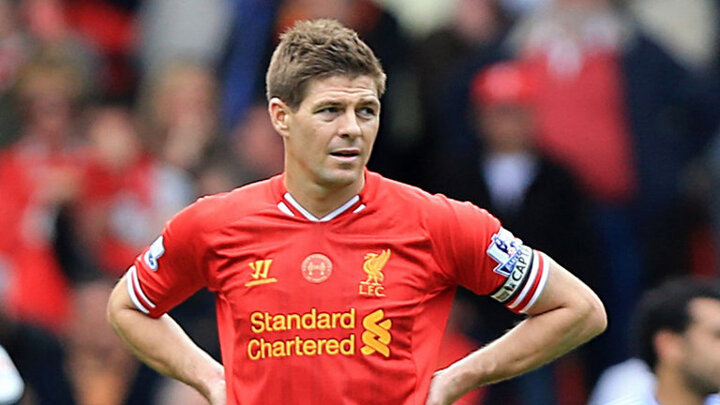
With just three games left of the 2013/14 campaign, Liverpool were within touching distance of that long-awaited title with Rodgers' side needing only seven more points to be guaranteed the league.
Standing in their way were home matches against Chelsea and Newcastle, with a trip to Crystal Palace in between.
The first of those tests - the visit of second-placed Chelsea - was the hardest to navigate on paper, but they could even draw that clash and still be crowned champions by winning their final two fixtures against mid-table opponents with nothing to play for.
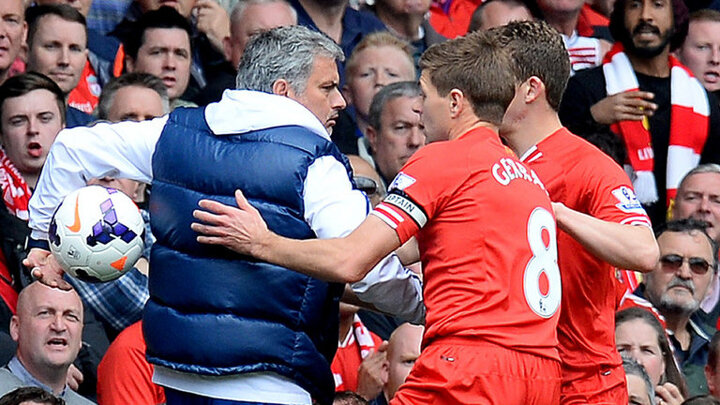
Not only that, but Rodgers' team were in the midst of a purple patch after winning 11 straight league encounters heading into their meeting with an understrength Chelsea side who had more than one eye on the Champions League semi-final second leg with Atletico Madrid three days later.
So what could possibly go wrong? Well, despite 73 per cent possession and 26 shots on goal, the hosts just could not break down well-drilled and tactically disciplined opponents, and Demba Ba took advantage of Steven Gerrard's infamous slip to score the opener, with Willian making it 2-0 late on to send Jose Mourinho running down the Anfield touchline, and hand the initiative in the title race to Manchester City.
It was a present Manuel Pellegrini's side duly accepted by winning their final four fixtures as Liverpool - who then self-destructed at Selhurst Park by throwing away a 3-0 lead to draw - were edged out by just two points. For Reds fans, this will always be the one that got away.
2018/19
Manager: Jurgen Klopp
Biggest lead: Nine points after 20 games (*Manchester City were 10 points behind, but had only played 19 games)
Final position: Second
Gap to eventual champions: One point
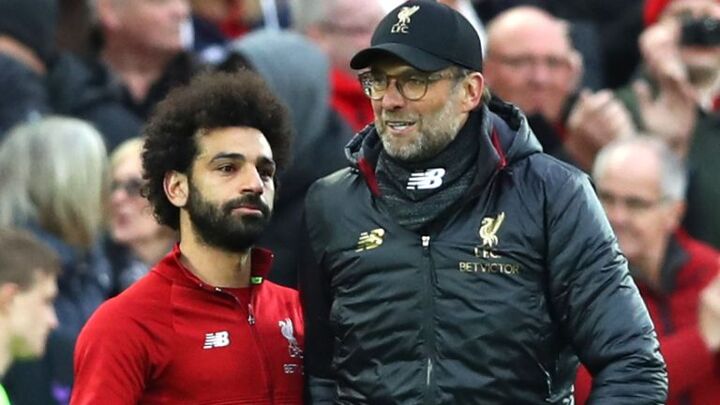
When Liverpool thrashed Arsenal 5-1 to record a ninth league win in a row to close out 2018, they moved 10 points clear of Manchester City, albeit having played a game more than the champions.
Defeat at the Etihad in their next fixture at the turn of the year may have narrowed that gap to just four points, but Klopp's side were still top of the table - with their lead now cut to only a point - as they headed across Stanley Park to face rivals Everton some two months later.
But a goalless draw at Goodison Park gave Pep Guardiola's team the opportunity to finally get the destiny of the title back in their own hands, a chance they did not squander as they reeled off 14 consecutive victories to pip the Reds to the league by just one point.
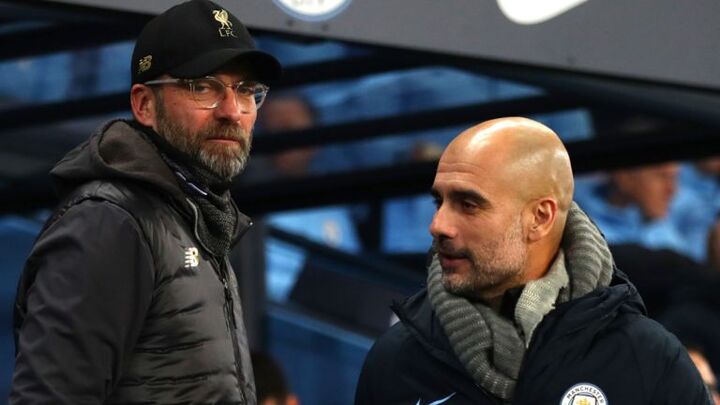
Incredibly, Liverpool lost just that one match all season, while their eventual haul of 97 points would have seen them crowned champions in every Premier League season apart from City's twin triumphs in 2018 and 2019.
On this occasion, it seems churlish to highlight the mistakes - if there were any - Liverpool made and instead point to the brilliance of City, who racked up an astonishing 98 points.
The worry, though, for Klopp and co is that it is that same beast who is currently chasing them down. If a seven-point lead at the halfway stage was not enough to hold City off last season, will a nine-point advantage over Guardiola's men after 12 games do this campaign?
